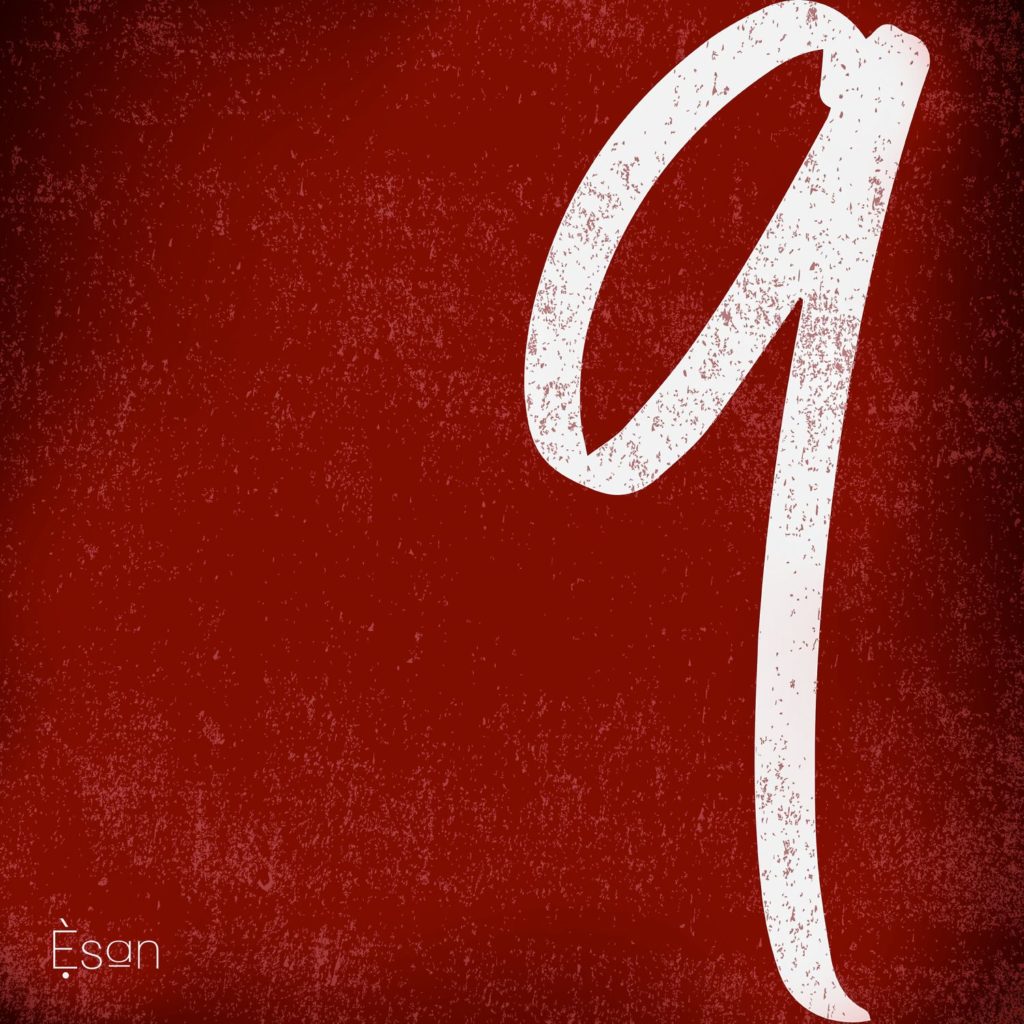By Emmanuel Daraloye
He is frequently described as “problematic”, but if there is anything about Olawale Oloforo – professionally known as Brymo – that cannot be questioned, it is his artistry.

It was easy to deduce that he was something special when he handed in that memorable hook on Ice Prince’s 2010 smash hit “Oleku”, and it would be difficult to forget the enchanting nature of his vocals on 2011’s “Ara”, but Brymo’s career run has not necessarily been the smoothest. His path has been blighted by record label drama as well as accusations of misconduct, and there are those who regard him as insufferable judging from his Twitter outbursts. In all this, his work rate has been unwavering – Merchants, Dealers & Slaves, Tabula Rasa, Klitoris, Oso, Yellow, and Libel were all released between 2013 and 2020 – and over the years, he has garnered a cult following: there are Nigerians who swear that he’s a modern-day Bob Dylan.
After an unusually long social media hiatus, Brymo surprised his fans with the dramatic unveiling of a double album in the early hours of September 9, 2021. Titled 9, the two-pronged record runs along two parallels: a 9-track indigenous-flavoured LP called Esan (rendered in Yoruba) and another 9-track LP called Harmattan and Winter (delivered in English).

Esan gets off to a start with “Àkókò”, where Brymo asserts himself as first among equals amidst sonorous backing vocals, indulging himself in self-acclamation with the lyrics “emi ni emi leni na/Okunrin meta at’abo to n forin ko/emi ni emi lomo na/ Okunrin merin at’abo won tenu mo/mo lanu, mo soro/mo take, mofo to/omo oloforo/o j’akara oforo”.
On the introspective “Meji Meji”, Brymo puts his baritone to use as he muses on the duality of life. With lines like “ore take ro koto lo/esin o gbani, iwa o lani/ohun to wun ni lo n wani”, he lays out an exhortation on what he deems the best ways to navigate life’s challenges. The song is notable for its vocal progression, beginning at a very slow pace before outbursts of energy lift the tempo in the final minute.
Toxic masculinity is the topic addressed in “Okunrin Meta”, where Brymo sings about the undue pressure placed on men in traditional society. On the minimalist “Okan Mi Ti Fo We We”, he tells the story of a love gone sour, expressing his desire to salvage what is left of a romantic relationship even if it has hit the rocks. The narrative continues, albeit with a more hopeful tone, on “Temi Ni Temi”, a track that runs like a duet and also thrives on a call-and-response style of rendition.
“Okunkun” (Darkness) is a tribute to a lover. Brymo’s vocals always hit full range when vulnerability and lovesickness are the facts in issue, and the same plays out here, even as he proceeds to wax philosophical about life and its uncertainty. The socially conscious “Aare” pokes fun at the incoherence of President Muhammadu Buhari’s post-Lekki massacre broadcast; it is tinged with humour, but a strong message is passed nonetheless.
“Aleluya Meje” is a satirical take on the state of the nation, which has Brymo reflecting on the social injustice that triggered last year’s #EndSARS protests on a track whose rhythm is upbeat, but whose lyrics are gloomy. The record closes out with the contrition-driven “Fura Sara”, which has an apologetic lover crooning the lyrics “olo mi dakun jowo oh/dakun jowo oh/ye gbo tele gan”.
On Esan, Brymo unveils a heady vulnerable man battling with waves of relationship upheavals in a dysfunctional society. Amidst witty anecdotes, he addresses the themes of love, masculinity, self-assurance, and the grim state of the polity. The 35-year-old is at his vocal best when ruminating in Yoruba, and on this emotive record, he stretches his tenor to its limits.
This record runs with a cohesiveness that is reminiscent of Oso, and while its experimental production is similar to what obtained in Yellow, it possesses none of the latter’s vagueness. He may not always crown himself in glory when it comes to his public interactions, but Brymo makes necessary music, and Esan is proof of that. Those who don’t understand Yoruba may struggle with the lyrical outlay, but hasn’t music always transcended language?
Rating: 7/10.





Good work well done brother….
I don keep my gun
Èmí naa ni.. eni meta ataabo….
Good review. Well exhumed.
Nice one brother man
Brymo to the world
Yes, it has. This is an excellent review. Great job!
This is meticulously stated.
It gave me an insight on tracks that have been kinda ambiguous to me.
More knowledge, boss
Beautiful!
Your analysis made the song come alive more and couldn’t agree less with your review.
Wow. Permit me to say this is your best review so far. You really covered every blade of grass.
Great one, boss
Hello. And Bye.
hi
I am very happy with your blog! I like a lot of useful information.
It surprises you every time!